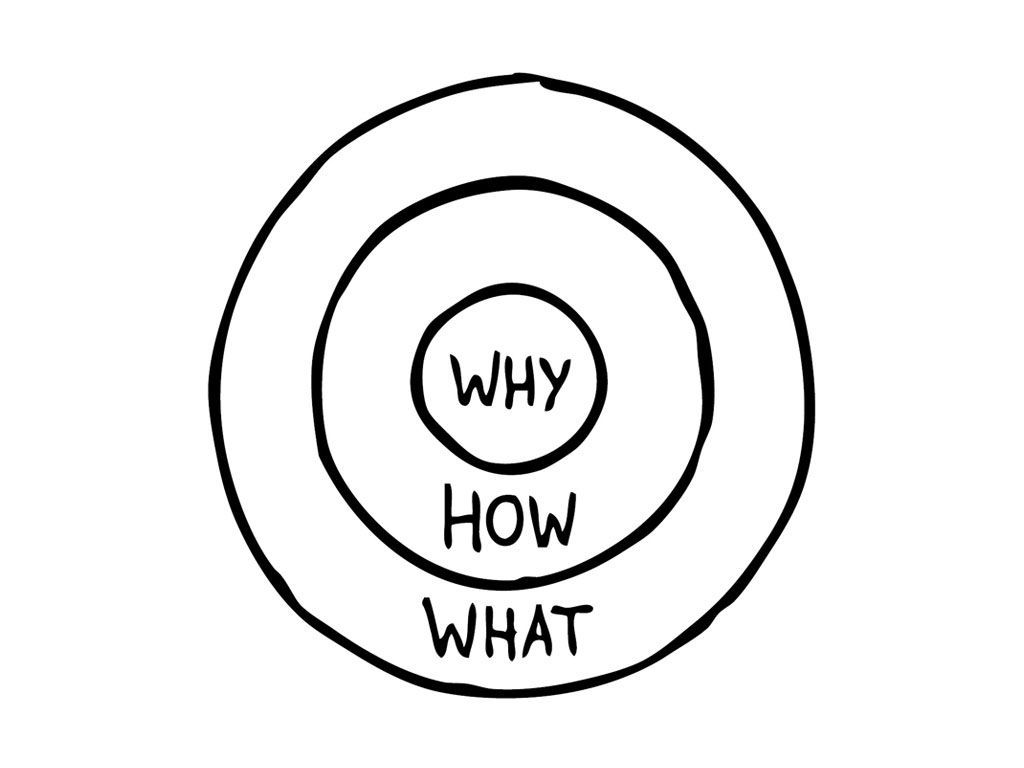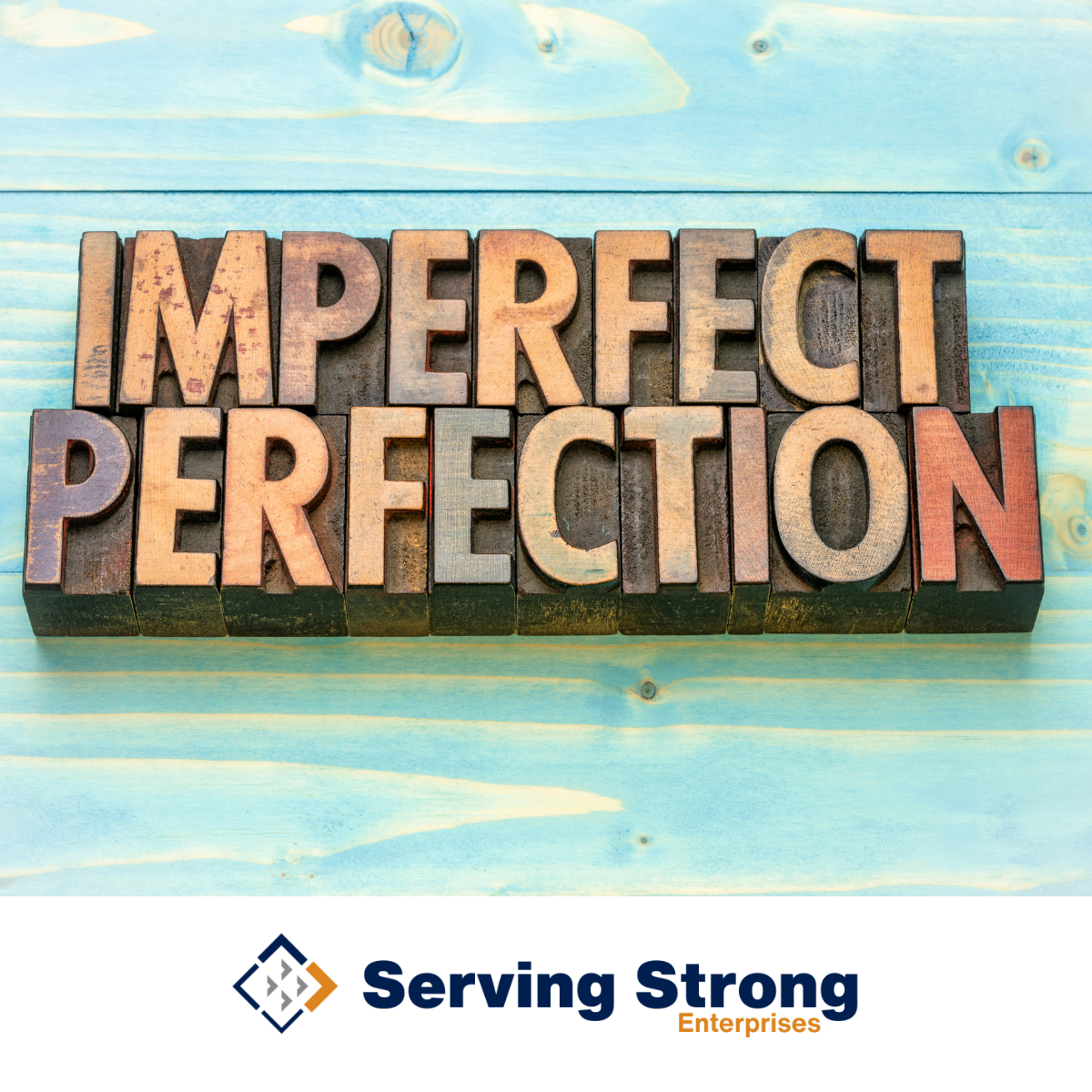Why Does Serving Strong Exist?
The Why, How, and What

One of the best ways to describe Serving Strong is using Simon Sinek's now famous "golden circles".
WHY
In June 2015, my life was irrevocably changed. I experienced a profound loss that stripped away not only my career but also my very identity. The fallout from this event was devastating, leading me to a dark place that took a considerable amount of time and effort to recover from. Looking back on that tumultuous period, I would have benefited greatly from having a partner who could have guided me through the chaos, someone who had walked this path before and could help me navigate my way out. Today, I have become that partner for others. I am driven by the conviction that if I had the support I needed back then, I would not have sunk as low nor taken as long to rebuild my life. This personal journey has become the foundation of my "why" – the deep-rooted purpose behind what I do.
I work with business owners who are planning their exit, applying the same principles of strategic planning and execution that are prevalent in the business world to their personal lives. The process of crafting a personal strategic plan is not unlike creating a business strategy. It involves setting clear goals, defining actionable steps, and continually assessing and adjusting the plan to ensure success. My framework is built around six hallmarks or pillars that encompass all aspects of a fantastic life: spiritual, physical, relational, emotional, vocational, and financial. These pillars form the bedrock of a strategic plan designed to help individuals navigate the complexities of life transitions.
HOW
The "how" of my approach is rooted in the meticulous application of strategic initiatives to personal development. By systematically addressing each of the six hallmarks, I guide my clients through a comprehensive process of self-discovery, goal setting, and execution. This process ensures that every aspect of their lives is aligned with their core values and long-term vision. It is a holistic approach that goes beyond surface-level changes, digging into the fundamental aspects of what it means to live a fulfilling and balanced life.
WHAT
Ultimately, the outcome of my work is the transformation that occurs when individuals choose to live life by design rather than by default. This intentional approach to living leads to a more fulfilling present and significantly reduces the number of regrets in the future. My clients find themselves not only better prepared for the challenges that come with major life transitions but also more at peace with their decisions and more confident in their ability to achieve their personal and professional goals. By helping business owners create and execute their personal strategic plans, I empower them to take control of their lives and build a legacy they can be proud of. Working together, we craft a scenario where owners have something to run to as they are exiting their business.
Share with others













